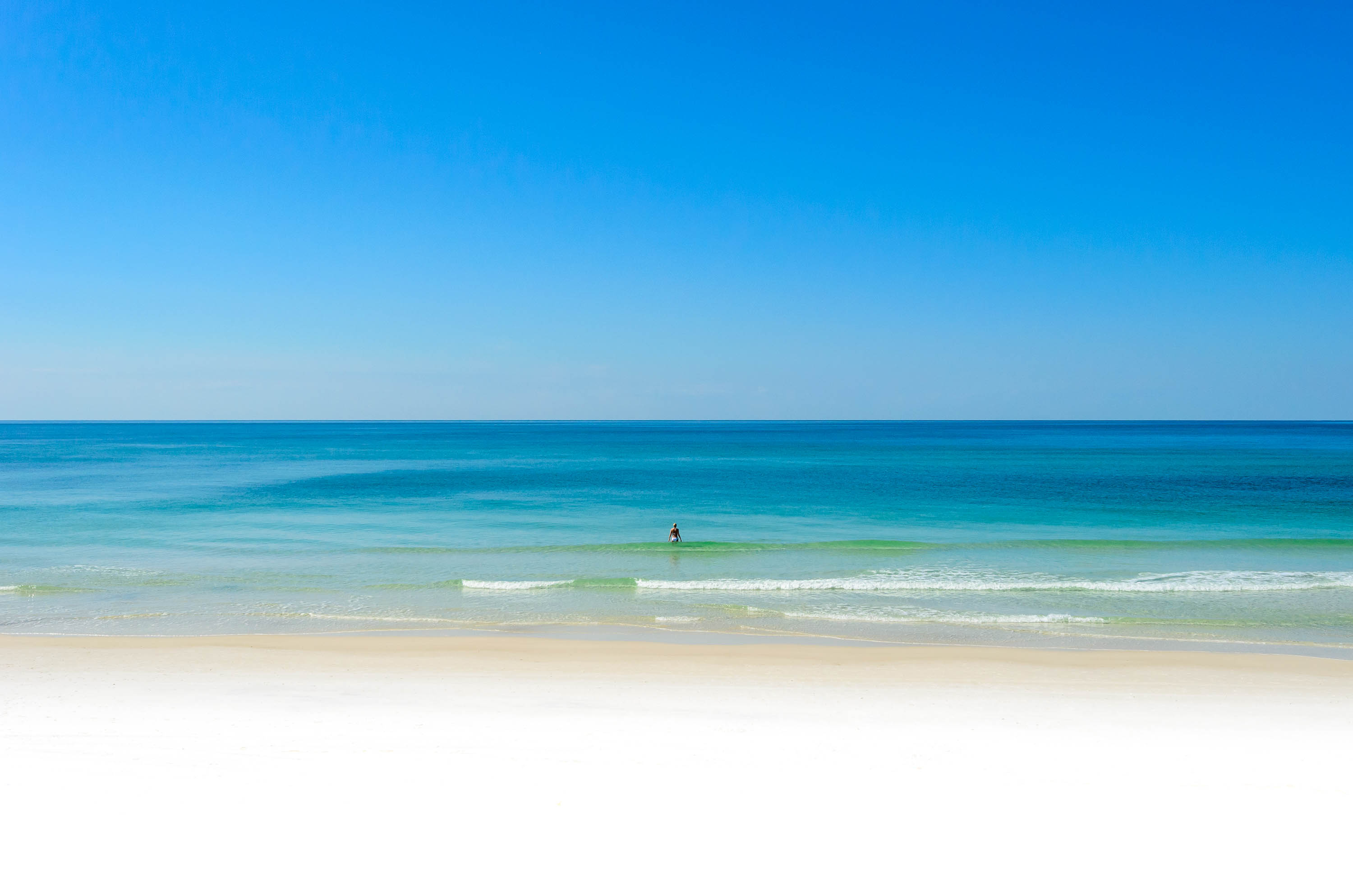I'm curious about what decision making team at the hotel head office decided it was a good idea to build a 90 room hotel on 30A anyway. As someone who has owned and rented two 3 bedroom, 2 bath cottages on 30A, I can't see how they'll stay in business. After a few years, they may need to sell or leave the place empty because I'm honestly not sure they will be able to stay in business. How much research did they do before making this decision, and was there a critical thinker in the team? Sounds like they may have been overly optimistic in the first place, and the cost can be big, not only for 30A, but for the chain as well.
People working in teams are notoriously bad decision makers. Nobel Prize winning behavioral economists say it's human nature to be "lazy decision-makers", and the team who made the decision to put a large hotel on 30A may want to ask themselves if they used a thoughtful and systematic decision making process because it will be a costly mistake if sloppy or overly-optimistic decision-making was involved. People like making decisions without having all the facts. It's easier that way, but overly optimistic decision-making sure explains why organizations make so many bad decisions, often affecting communities as well as their shareholders, employees, etc. I hope the people from the chain hotel who are making the decision to put a large hotel in this area will have their pay, bonuses, and jobs on the line if the hotel doesn't make it. Unfortunately, too often people who make bad decisions don't have to live with the consequences of their decisions - that's why we have so many bad decisions in organizations and we say "what were they thinking?".
I hope the overly optimistic decision makers have considered the following:
The peak season on 30A lasts 2.5 months, and there's a LOT of competition with very nice family friendly places along 30A during that time, though they probably could get some business in the summer,maybe do pretty well for 2.5 months. Will 2.5 months of maybe good rentals keep them in business?
The rest of the year, they're likely to be pretty empty because:
(1) the fall and spring shoulder seasons don't bring in a lot of business and renters can easily find fully furnished cottages and homes that will cost the same or less than renting a hotel room. Who wants to put a family in a hotel room when you can get your family a nice place for the same or less money? Who wants to have a romantic get-away or girls-get-away or fishing get-away in small hotel rooms when you can rent beautiful cottages and condos for the same or less? Who wants to get a hotel room and eat out every meal when you can rent a place with a fully equipped kitchen?
(2) the winter season is pretty much empty except for the snowbirds and they'll opt for fully furnished cottages or condos and they'll definitely get those for less money than staying at a hotel. 30A is one of the best kept secrets for amazingly affordable places to stay in the winter (though our community is full of wonderful and wonderfully happy snowbirds every winter). Who can beat a 3 bedroom/2 bath for one month for the same amount (or less) than it costs to rent one week in the summer? This area should be focused on bringing in more wonderful snowbirds for the off-season months than adding hotels that will be empty most of the year.
(3) a hotel may be able to get spring breakers who haven't found VRBO, rental companies, or other alternatives to hotels yet, so they default to staying a hotels where they can be relatively anonymous and carefree. But the spring break season lasts about 3-4 (I may be wrong here) weeks. I won't even go into the problems hotels can have with spring breakers - can you say damage deposit?. Many, most spring breakers are wonderful but there are enough bad apples who can make a mess of a hotel in one alcohol driven night. That's why many/most rentals require a 25 year old minimum age limit. The owners and neighbors are very thankful for these age restrictions.
Does anyone have any other ideas the decision-makers at the hotel chain haven't considered. I believe there would be data to support my comments above? I'm speaking from my experience as an owner of two rentals who has weathered the ups and downs of the rental seasons.

